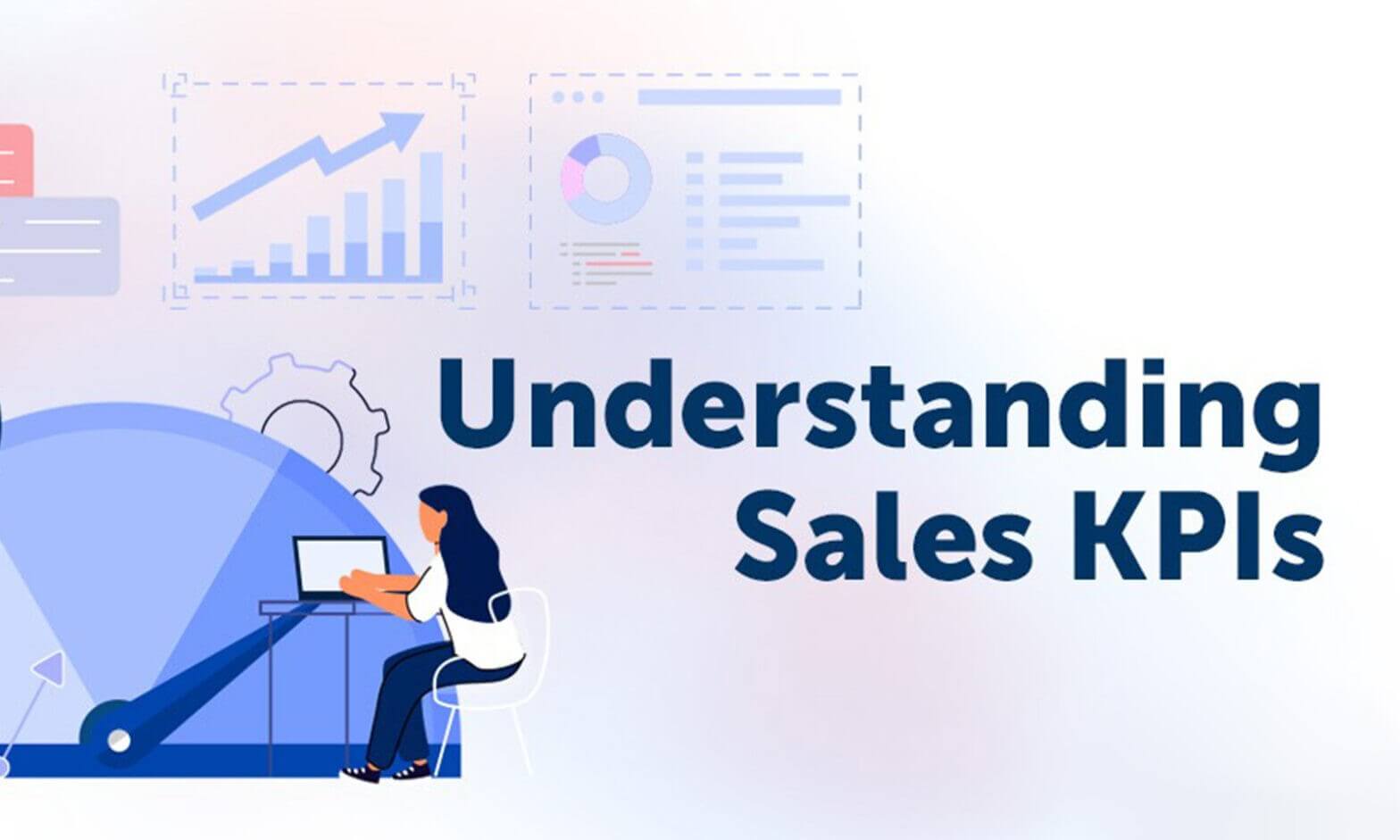As consumers, we put a significant amount of trust in the opinions and experiences of others. This is precisely why testimonials can be a powerful tool in marketing. They allow potential customers to hear from real people who have used a product or service firsthand, ultimately helping them make more informed purchasing decisions. In this blog, we will delve into the power of testimonials in marketing, exploring why they are so effective and how businesses can use them to boost their sales and reputation.
Customer Testimonials: A Valuable Asset for E-Commerce Projects
Customer testimonials are a valuable asset for any e-commerce project. They provide real-world feedback from satisfied customers, which can be used to build trust, credibility, and loyalty with potential customers. As mentioned in previous blog sections, e-commerce platforms provide businesses with valuable data insights, and customer testimonials can enhance that data, giving a more complete picture of customer behavior. By leveraging the power of customer testimonials, businesses can easily access and benefit from customer data, which can be used to improve marketing and sales strategies, targeting the right customers and boosting lead generation and customer retention for long-term success. Overall, customer testimonials are a must-have for any e-commerce project looking to build a strong and loyal customer base, as they provide an authentic and powerful way to validate KPIs and deliver quality services.
Why Customer Opinion Matters More Than Advertising Budgets
When it comes to marketing, many businesses need to focus more on their advertising budgets. However, the power of customer opinions and testimonials must be balanced. In fact, customer testimonials have the highest effectiveness rating for content marketing at 89%. This is because customers are more likely to trust and believe the opinions of their peers rather than company-generated advertising. By leveraging customer testimonials, businesses can build credibility and trust with their audience, ultimately leading to increased sales and customer loyalty.
Additionally, focusing on customer opinion allows businesses to identify areas for improvement and make necessary changes to better serve their audience. Overall, prioritizing customer opinion over advertising budgets is a wise investment for any business looking to succeed in the long term.
Local Marketing Strategies: Leveraging the Power of Testimonials
Leveraging the power of testimonials is an effective local marketing strategy that can provide businesses with a competitive edge. As highlighted in previous blog sections, customer opinion matters more than advertising budgets, and testimonials are valuable for e-commerce projects. When targeting the right customers, testimonials can build credibility and trust and validate key performance indicators.
In addition, testimonials can balance lead generation and customer retention for long-term success. Local businesses can benefit from this strategy by actively seeking out and promoting positive customer feedback. By integrating testimonials into their digital marketing efforts, businesses can connect with their local communities and establish a strong reputation.
A collaborative marketing opportunity scoring model can help companies track and measure the impact of their testimonial-based marketing initiatives, reinforcing the importance of customer feedback. Ignoring the power of testimonials can be costly, as it can lead to missed opportunities and potential loss of business. Therefore, it is crucial for businesses to prioritize the delivery of quality services to encourage positive customer feedback and, ultimately, drive growth.
Testimonials in Digital Marketing: Building Credibility and Trust
When it comes to digital marketing, building credibility and trust is crucial in gaining customers’ loyalty. One effective way to achieve this is through customer testimonials. By featuring positive feedback from satisfied customers on your website and social media platforms, you can create a more authentic and trustworthy image for your brand. This tactic helps attract new customers and strengthens the relationship with existing ones by showing them that their opinions and experiences matter. Testimonials are especially useful in e-commerce projects and local marketing strategies, where potential customers are more likely to trust the recommendations of people within their community.
By leveraging the power of customer opinion, businesses can achieve long-term success by balancing lead generation and customer retention. Obtaining specialized certifications in digital marketing can also increase your credibility and enhance your marketing skills. Neglecting the importance of customer opinion in marketing can lead to imaginary profits, as customer feedback validates your key performance indicators (KPIs) and helps you deliver quality services.
Targeting the Right Customers: Key to Effective Marketing and Sales
To effectively market and sell a product or service, it is crucial to target the right customers. In the world of testimonials, this means understanding who your satisfied customers are and leveraging their experiences to attract similar audiences. But it’s not just about targeting anyone who has positive things to say about your brand. Effective marketing requires a strategic approach that takes into account demographics, psychographics, and other factors that can help identify the traits of your ideal customer.
By creating targeted messaging and campaigns, businesses can reach the right audience and increase the likelihood of converting leads into loyal customers. So when crafting a testimonial-based marketing strategy, it’s important to celebrate current customers’ satisfaction and use their feedback to guide future marketing efforts.
Balancing Lead Generation and Customer Retention for Long-Term Success
While generating new leads and expanding the customer base is important for any business, retaining existing customers for long-term success is also crucial. This means striking a balance between lead generation and customer retention strategies. Focusing solely on acquiring new customers can lead to paying attention to existing ones, resulting in high churn rates and lost revenue. On the other hand, only focusing on retention without generating new leads can limit growth potential.
The key is prioritizing retention efforts while still investing in lead generation. Giving customers exceptional experiences and continuously improving products can lead to satisfied customers who will remain loyal and refer others. By balancing these strategies, businesses can achieve sustainable growth and success in the long run. Customer feedback and testimonials help understand where improvements are needed while showcasing a business’s value, aiding in lead generation and retention efforts.
Credentials in Marketing: Specialized Certifications vs. University Degrees
When it comes to marketing, there are different paths to success, and credentials can make a difference. Certifications and university degrees are two common ways to show that a marketer has specialized knowledge and skills. In previous sections, the power of customer testimonials and local marketing strategies were highlighted, but in this section, the focus is on the credentials of marketers. While university degrees show a broad range of education and experience, specialized certifications are more targeted and can demonstrate more specific competencies.
Each path has its advantages and disadvantages, and ultimately, it depends on the individual’s goals and career aspirations. Whatever the choice may be, having credentials can lend credibility to the marketer and in turn, can help build trust with potential customers.
The Importance of a Collaborative Marketing Opportunity Scoring Model
The collaborative marketing opportunity scoring model is an essential tool that businesses should utilize. As discussed in previous sections, customer testimonials and opinions greatly drive sales and build credibility. A collaborative marketing approach allows businesses to tap into their customers’ and partners’ expertise and positive influence. By using a scoring model that considers the willingness of consumers to participate in collaborative campaigns, businesses can accurately identify their target markets and implement effective marketing strategies.
This approach increases customer satisfaction and loyalty and creates a more sustainable business model. It is important for businesses to understand the importance of this collaborative marketing model and incorporate it into their overall marketing strategy for long-term success.
The Imaginary Profits of Ignoring Customer Opinion in Marketing
Ignoring customer opinions in marketing is a big mistake that can lead to imaginary profits. As discussed in previous sections, testimonials and customer feedback play a crucial role in building trust and credibility for a brand. If a company chooses to ignore these opinions, they risk losing customers and, resulting in potential profits. The power of customer opinion is too great to dismiss. By listening to customer feedback, companies can make necessary improvements to products and services, which can lead to increased customer satisfaction and loyalty.
In the long run, prioritizing customer feedback can yield actual profits and sustainable success for a company. Ignoring customer opinions may seem like a good idea at the time, but in the long term, it can lead to missed opportunities and unrealized profits.

Delivering Quality Services: How Testimonials Validate KPIs.
In marketing, tracking key performance indicators (KPIs) to determine if your efforts are effective is essential. One metric that can help validate your KPIs is customer testimonials. These valuable assets provide insight into the satisfaction levels of your customers and their experiences with your products or services. By incorporating testimonials into your marketing strategy, you can demonstrate to potential customers that your business is trustworthy and reliable.
Testimonials can also help you identify areas for improvement in your services, ultimately leading to higher customer retention and satisfaction. Overall, incorporating customer testimonials into your KPI tracking can help validate the success of your marketing efforts and build credibility with your audience.

Conclusion
The power of testimonials in marketing cannot be overstated. As evidenced in previous blog sections, customer opinions, and recommendations are highly valued in today’s society. E-commerce projects can benefit greatly from customer testimonials, as they provide valuable insights into the quality of products or services. Advertising budgets may only sometimes yield the desired results, as people rely more on opinions from trusted sources.
Local marketing strategies can leverage the power of testimonials to gain credibility and trust from potential customers. Building credibility and trust through digital marketing can help businesses stand out in a crowded marketplace. Targeting the right customers is key to effective marketing and sales, and customer testimonials can help businesses identify their target audience.
Balancing lead generation and customer retention is crucial for long-term success. Specialized certifications and university degrees can both play a role in marketing credentials. Collaborative marketing opportunity scoring models can help businesses prioritize opportunities based on their potential value. Ignoring customer opinion can lead to losing potential sales and profits.
Finally, by delivering quality services and validating key performance indicators through customer testimonials, businesses can establish a strong reputation and achieve long-term success in their respective industries.
Frequently Asked Questions (FAQs)
How effective are testimonials in marketing?
Testimonials can be highly effective in marketing. They provide social proof and build trust by showcasing positive experiences and satisfaction from previous customers. Testimonials serve as persuasive evidence that can influence potential customers’ purchasing decisions, as they highlight real-life examples of how a product or service has benefited others.
Why are customer testimonials important in marketing?
Customer testimonials are important in marketing because they establish credibility and trust. They offer unbiased perspectives and authentic feedback about a product or service, helping potential customers overcome doubts and make informed purchasing decisions. Testimonials act as social proof, validating the claims made by the company and demonstrating the positive impact their offerings have had on real customers.
What is the role of testimonials in advertising?
The role of testimonials in advertising is to provide persuasive content that supports marketing messages. Testimonials reinforce the benefits and value of a product or service through the experiences and opinions of satisfied customers. By incorporating testimonials into advertising campaigns, companies can enhance their messaging, build trust, and increase the likelihood of converting prospects into customers.
What is the power of reviews and testimonials?
Reviews and testimonials have significant power in influencing consumer behavior. They carry the weight of authentic experiences and opinions, impacting purchasing decisions and brand perception. Positive reviews and testimonials can generate social proof, instill confidence, and increase customer trust, while negative ones can deter potential buyers. The power of reviews and testimonials lies in their ability to shape public perception and influence consumer choices.
What is the purpose of testimonials in marketing?
The purpose of a testimonial in marketing is to provide evidence of a product or service’s effectiveness, quality, and customer satisfaction. Testimonials serve as a powerful marketing tool by highlighting positive experiences and real-life stories of happy customers. Their purpose is to build credibility, instill trust, and convince potential buyers that the offering is valuable and worth investing in.
What is a testimonial and why is it important?
A testimonial is a written or spoken statement from a satisfied customer, endorsing a product or service. Testimonials are important because they add credibility and authenticity to marketing efforts. They showcase real customer experiences and opinions, helping potential buyers overcome skepticism and make confident decisions. Testimonials provide social proof, validating the claims made by the company and influencing others to engage with the brand.
How are customer testimonials effective?
Customer testimonials are effective because they tap into the power of social proof. By sharing firsthand experiences and positive feedback, testimonials create an emotional connection with potential customers. They provide reassurance, build trust, and alleviate concerns, addressing common objections and showcasing the benefits of a product or service. Customer testimonials humanize the brand and offer relatable stories that resonate with the target audience, increasing the likelihood of conversions.



